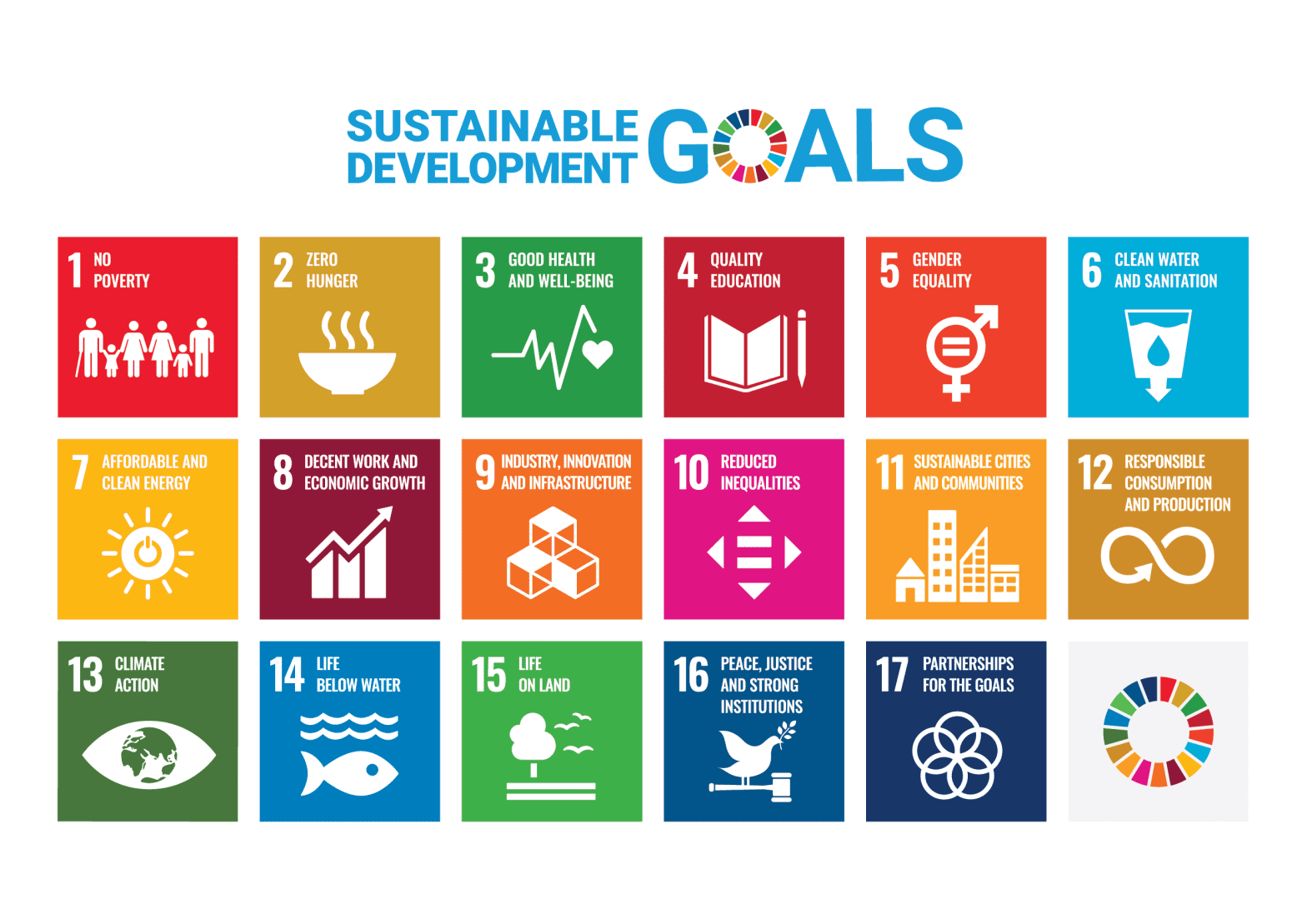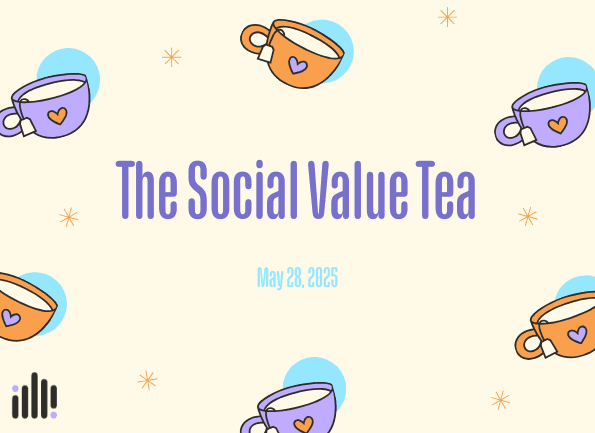The SDG playbook for SMEs is a game-changer
As of 2023, SMEs account for a staggering 99.9% of the UK business population, totalling 5.6 million companies. However, when it comes to sustainability goals, most available guidance only caters to the 0.1% of our economy by supporting larger organisations.
In 2015, the global commitment to the 2030 Agenda for Sustainable Development established the 17 Sustainable Development Goals (SDGs), serving as the universally agreed blueprint for transformative change. Despite having just over six years to go, the UK is only performing well on 17% of the 132 relevant targets. A concerted effort to support SMEs is crucial to accelerate progress.
But the rules and stipulations don’t impact my business
Even if specific regulations don’t seem to impact your business directly, they can still affect you through the supply chain. Larger companies are scrutinising their smaller partners, making compliance a shared responsibility across the value chain.
What’s the solution?
Integrating the SDGs into your core business is more than just compliance. Of course, they’re everyone’s responsibility for people and the planet, but that can feel like such an esoteric concept, like a raindrop in an ocean.
Given that most advice and support is delivered with larger businesses in mind, trying to navigate the complexities of where to start can feel like opening a can of worms.
That’s where the SDG Playbook comes in.
To address challenges in embracing the SDGs, the UN Global Compact Network UK and Irwin Mitchell joined forces to create The SDG Playbook. It’s a powerful tool if you’re a smaller business looking to integrate the SDGs into your operations.
The SDG Playbook
There is no one-size-fits-all approach when it comes to taking action. However, the playbook makes integration manageable in four steps. Not only does it empower you to take action, but it also signposts credible and trustworthy resources to help you on your SDG journey.
Step one: Mapping impacts and identifying priorities
This step shows you how to evaluate the positive and negative effects of your business operations on the Sustainable Development Goals (SDGs).
Step two: Setting ambitious goals
Setting ambitious goals is imperative for us all to achieve the SDGs. This step gives guidance on establishing sustainability objectives with the required level of ambition to fulfil the SDGs, strategically incorporating them throughout your business.
Step three: Communicating and reporting
Communicating your efforts will help to engage your different stakeholders, as well as bring the opportunity for greater relationships around shared goals with your clients or contractors. It may even win you more work. This step helps you to effectively convey to stakeholders the significance of taking initiatives for the SDGs and the favourable influence this will have on your financial performance.
Step four: Partnerships for the goals
We cannot achieve a more sustainable present or future alone. Working in partnership is essential. This final step gives strategies for engaging in collaborative efforts that can enhance brand reputation, mitigate risks, lower operational costs, and propel your own and collective advancements aligned with the SDGs.
The next steps
Getting started with the SDG Playbook is a great step forwards to strengthen your position within supply chains. It’s a valuable tool, not the be-all and end-all, but an excellent starting point. To begin, download the report from the UK Global Compact Network here.
For more resources on achieving better impact management, stay up-to-date with our insights here. If you’d instead like to learn more about Impact Reporting, schedule a demo or contact our team at 0161 532 4752.





